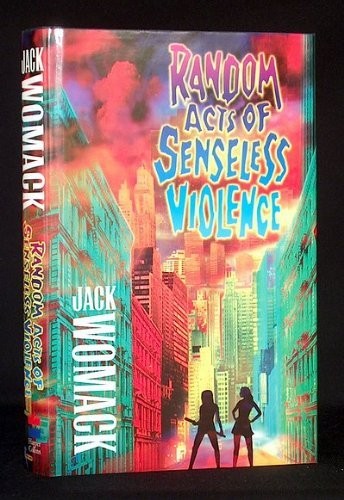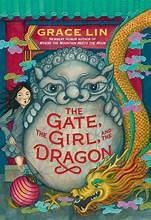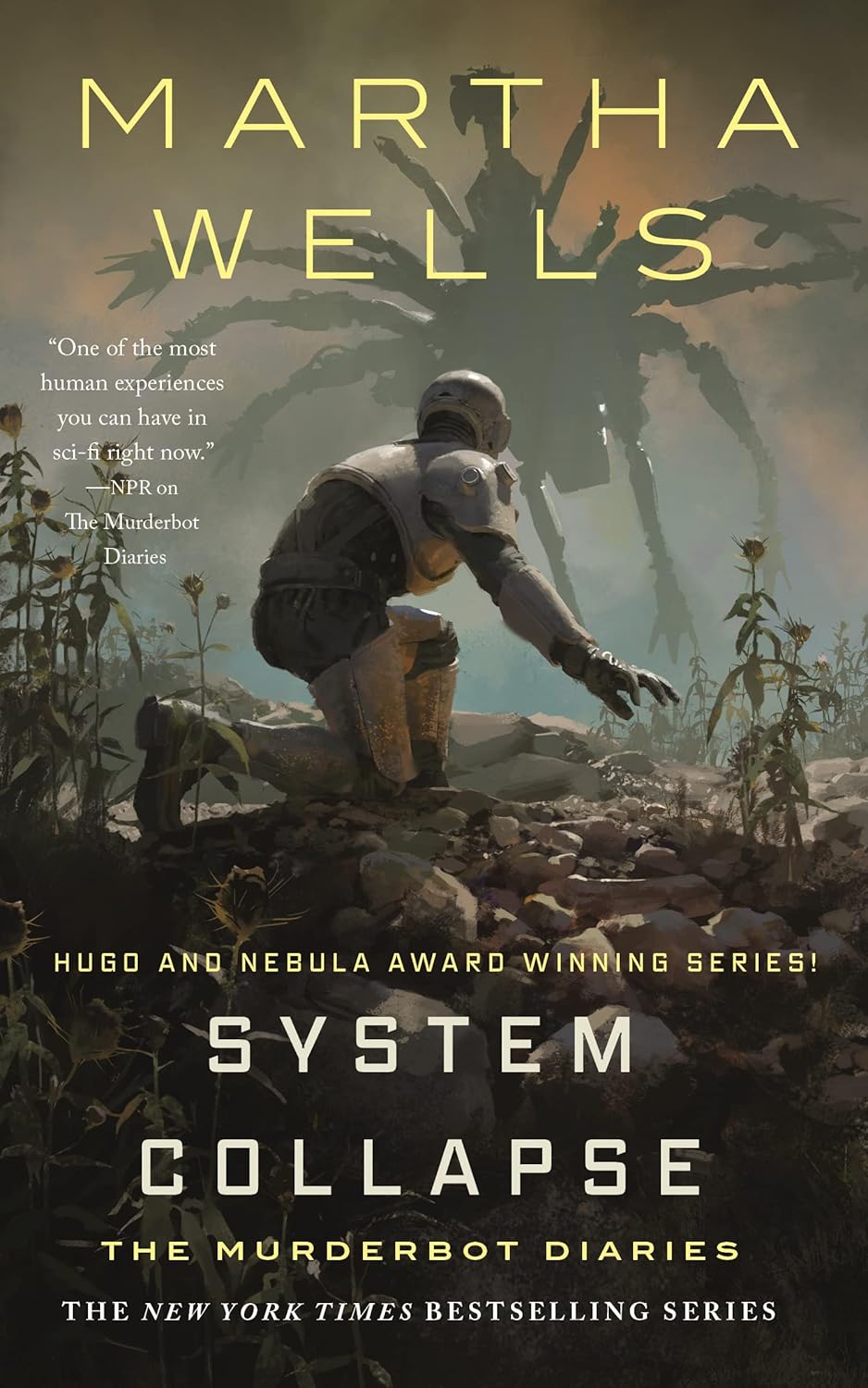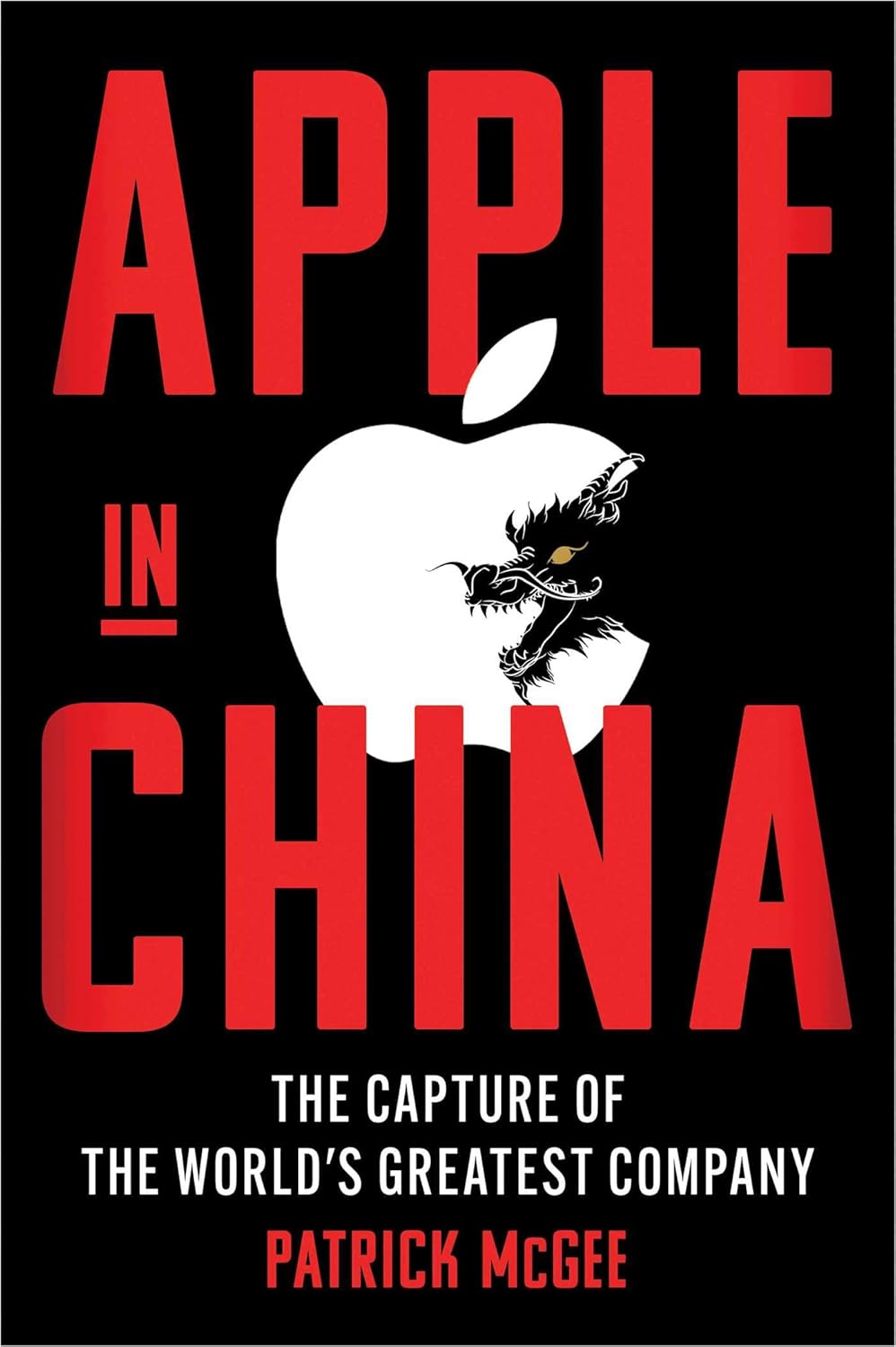David Bremner a commencé la lecture de The Storm of Echoes par Christelle Dabos (The Mirror Visitor Quartet, #4)
Avertissement sur le contenu broad plot spoiler
Wow, book 4 is a bit more on point that I was expecting/hoping when I restarted this thick series.
Mass deportations are an important plot point. Of course, it's not like such BS has never happened before in human history.













